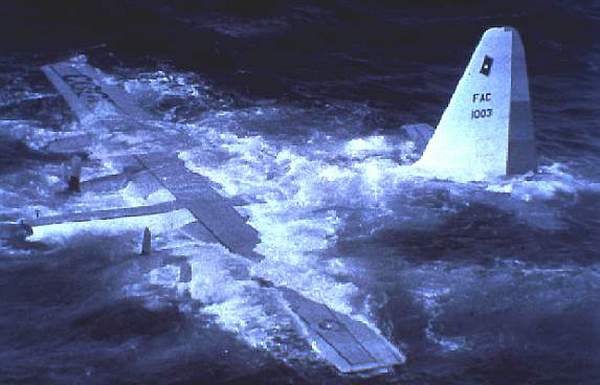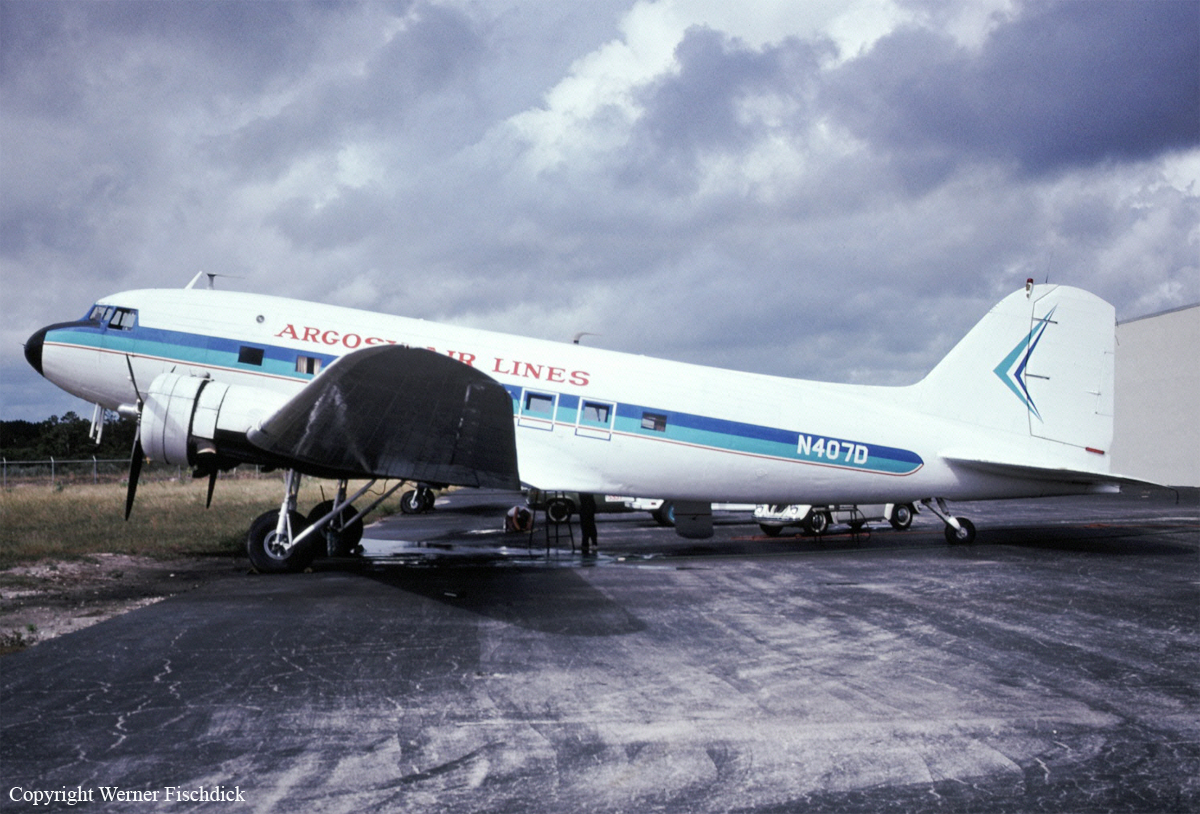Crash of a Cessna 402C in the Atlantic Ocean
Date & Time:
Mar 9, 1983 at 1246 LT
Registration:
N26506
Survivors:
Yes
Schedule:
Fort Lauderdale - Treasure Cay
MSN:
402C-0340
YOM:
1980
Crew on board:
1
Crew fatalities:
Pax on board:
2
Pax fatalities:
Other fatalities:
Total fatalities:
0
Captain / Total hours on type:
190.00
Aircraft flight hours:
2051
Circumstances:
The aircraft was ditched in the Atlantic Ocean following engine failure. The pilot estimated fuel on board during pre-flight from the electronic fuel gauges. The aircraft flew two hours and 16 minutes before the engines quit in a mode of fuel exhaustion with surging prior to stopping. Post accident investigation using fuel slips revealed a fuel burn within 10 to 15 gallons of fuel exhaustion. The fuel gauges failed on the last leg of the flight and the passengers stated the pilot paid a lot of attention to these gauges. The pilot wanted to divert to Freeport but did not because the weather was below minimums. After ditching the aircraft sank in 800 feet of water. All three occupants were rescued.
Probable cause:
Occurrence #1: loss of engine power(total) - non mechanical
Phase of operation: cruise - normal
Findings
1. (f) fluid,fuel - exhaustion
2. (c) fuel supply - misjudged - pilot in command
3. (f) engine instruments,fuel quantity gauge - erratic
4. (c) refueling - not possible - pilot in command
5. (c) fuel consumption calculations - inaccurate - pilot in command
6. (c) procedures/directives - improper - pilot in command
7. (c) preflight planning/preparation - inadequate - pilot in command
----------
Occurrence #2: ditching
Phase of operation: landing - flare/touchdown
Phase of operation: cruise - normal
Findings
1. (f) fluid,fuel - exhaustion
2. (c) fuel supply - misjudged - pilot in command
3. (f) engine instruments,fuel quantity gauge - erratic
4. (c) refueling - not possible - pilot in command
5. (c) fuel consumption calculations - inaccurate - pilot in command
6. (c) procedures/directives - improper - pilot in command
7. (c) preflight planning/preparation - inadequate - pilot in command
----------
Occurrence #2: ditching
Phase of operation: landing - flare/touchdown
Final Report:







